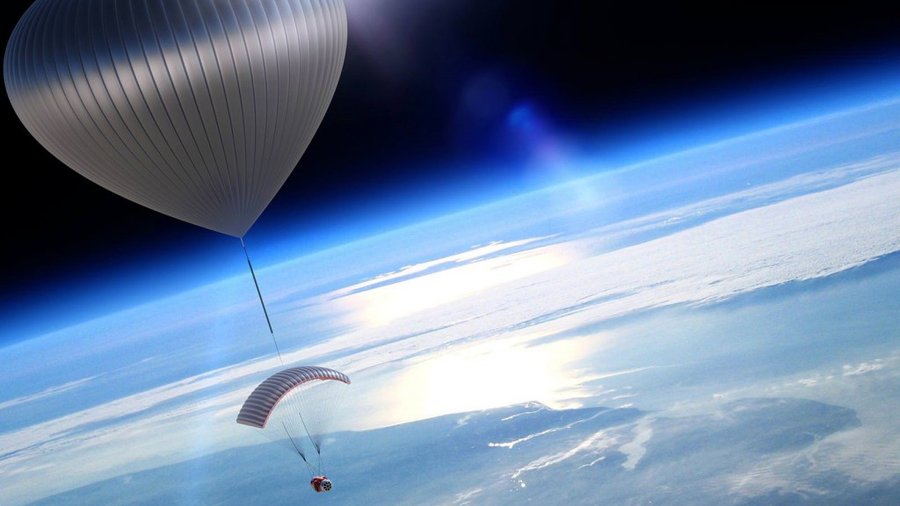There has been a lot of great news lately for the commercial space industry, both in commerce and exploration. Most of us in the technology industry have watched the SpaceX Falcon 9 rocket landing on an ocean barge a dozen times on YouTube. What we’re able to do with rockets, satellites, and deep space probes is far beyond what many even imagined in the past. In gushing over recent successes, I started to look at how much Arizona contributes to all of these achievements, and it’s something to be proud of.
Although the big names in the space industry tend to be located on some sort of coast, here in the desert we hold our own. We are home to companies that have made significant contributions, and in many instances, are leading the way. Here is a very short list of my favorites:
Orbital ATK
Did you know that Orbital ATK designs and builds rockets that launch satellites and supply capsules for the International Space Station here in the Valley? Engineers on Price road have been making small payload launch systems for over 20 years and have over 50 launches to their credit.
Iridium
Starting as a Motorola project, this constellation of 66 satellites offers global voice and data services, all through its facility in Tempe, Arizona. Much of the satellites were designed here, and even today, when someone makes a call from Antarctica on an Iridium phone, the call is routed through Tempe.
Paragon Space Development Corp.
To succeed in space, you have to push technology, especially when your job it to keep people alive in the harsh environments of launch, orbit, and re-entry. Tucson-based Paragon Space Development Corporation is a leader in environmental controls for extreme and hazardous environments.
World View Enterprises
The big push for commercial space has been sending rockets into low earth orbit, but that is expensive and dangerous. Incubated at Paragon Space Development Corporation, World View Enterprises (also in Tucson), is taking a different approach. They are sending a helium balloon with a safe and comfortable capsule over 100,000 ft. up. This can be used for space tourism, research, and communications. They are set to start commercial flights in 2017.
KinetX Aerospace
Satellites and space probes are complex machines. And someone has to figure out how to make them work as a system. Often that someone is Tempe’s KinetX Aerospace. After learning their trade working for some of the more successful space system programs, the team at KinetX created their own company to offer that expertise to the entire industry. They are also the only private contractor licensed to do deep space navigation for NASA. KinetX has successfully navigated to many distant planets, including the recent New Horizons mission to Pluto.
Honeywell Aerospace
This one is personal for me. I once spent a good month modeling the behavior of a valve assembly on the International Space Station, and it was a Honeywell valve. They don’t make rockets or spacesuits, but they design, build, and maintain many key components in major space systems. From climate control to rocket engine valves, Honeywell Aerospace components are a strong foundation that others build on.
Arizona Universities
Last but not least are our state Universities. I don’t want to start a war so I’ll mention both Arizona State University (ASU) and University of Arizona (U of A) because they both make major contributions. U of A has been the leader in astronomy and optics for decades, designing and running many of the world’s leading telescopes. They are also home to one of the best Planetary Science Departments in the world and have been involved in almost every interplanetary spacecraft launched. ASU provides instruments and mission support for planetary exploration, especially for Mars. Its Mars Space Flight Facility is a lead explorer of the geology, mineralogy and atmosphere of Mars. Not to mention that both universities educate and graduate some of the world’s finest aerospace engineers.
Eric Miller is a principal at PADT Inc. He is often called on to speak on the use of simulation and 3D Printing to enhance product development. He also supports the startup community through angel investing and mentoring. He can be reached at eric.miller@padtinc.com.
